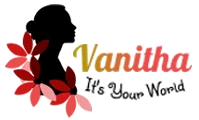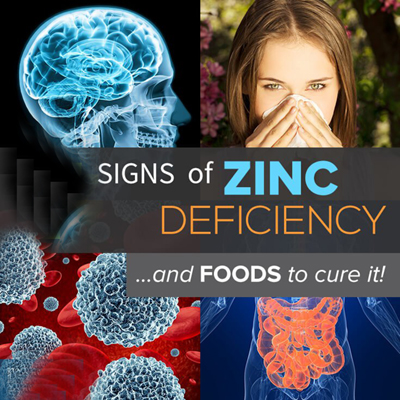Are You Suffering From These Signs Of Zinc Deficiency!
Zinc is vital for healthy growth; dwarfism, stunted growth and being underweight for their age may occur in children if there diet is deficient in zinc. Zinc is an important chemical essential for human functioning. Zinc nutrition deficiency is insufficient availability of zinc in the diet or can be caused due to the malabsorption of zinc by the body. This condition is prevalent in young children, pregnant women, breast feeding mothers, and the elderly. Zinc plays a vital role in many aspects of the immune system. It helps in cell division, clotting, healing wounds, DNA synthesis, growth and development of the fetus, and protein synthesis.
The deficiency of zinc has an effect on circulation; it has been linked to cold hands and feet and high blood pressure. Cholesterol in the blood has a tendency to rise if there is a deficiency of zinc in the body. Zinc helps in the way the body regulates the high and lows of blood sugar level and it has been linked to help people who have hypoglycaemia. Your zinc deficiency could be a symptom of a bigger problem, such as a major illness. That's why it's vital that you seek a medical professional to evaluate if you do indeed have a deficiency and be able to rule out any underlying cause such as a chronic illness. A zinc deficiency can be a two-edged sword since many times the deficiency may cause or at least contribute to an illness.
Some of the symptoms of Zinc deficiency are:
Diarrhea
Hair loss and skin lesions
Anorexia
Chronic Renal Disease
Diabetes
Liver Disease
Malignancy
Pneumonia
Sickle Cell Anemia
Wilson's Syndrome
Zinc nutritional deficiency can be treated by taking zinc supplements and increasing intake of zinc through the diet. Foods rich in zinc are wheat, oats, pumpkin seeds, eggs, milk, oysters, nuts, meat, and peas. Zinc supplements are generally included in complete supplements. These zinc supplements are taken orally. If diagnosed with zinc deficiency, one needs to consult a physician for the correct dosage and type of zinc supplements to be taken.
Good stomach acid, vitamin A, E and B6, magnesium, calcium and phosphorus will all help with the absorption of zinc. Wheat, alcohol, oxalates such as rhubarb and spinach, stress, high calcium, high sugar intake, copper and low protein intake will all hamper the absorption of zinc. Zinc supplements will also help with zinc deficiency. Hence zinc is an essential mineral with over 300 enzymes reliant on it to help heal wounds, maintain fertility in adults, protect against free radicals, promote healthy growth in children, boost immunity, synthesise protein, preserve good vision and help cells reproduce.
...Divya



